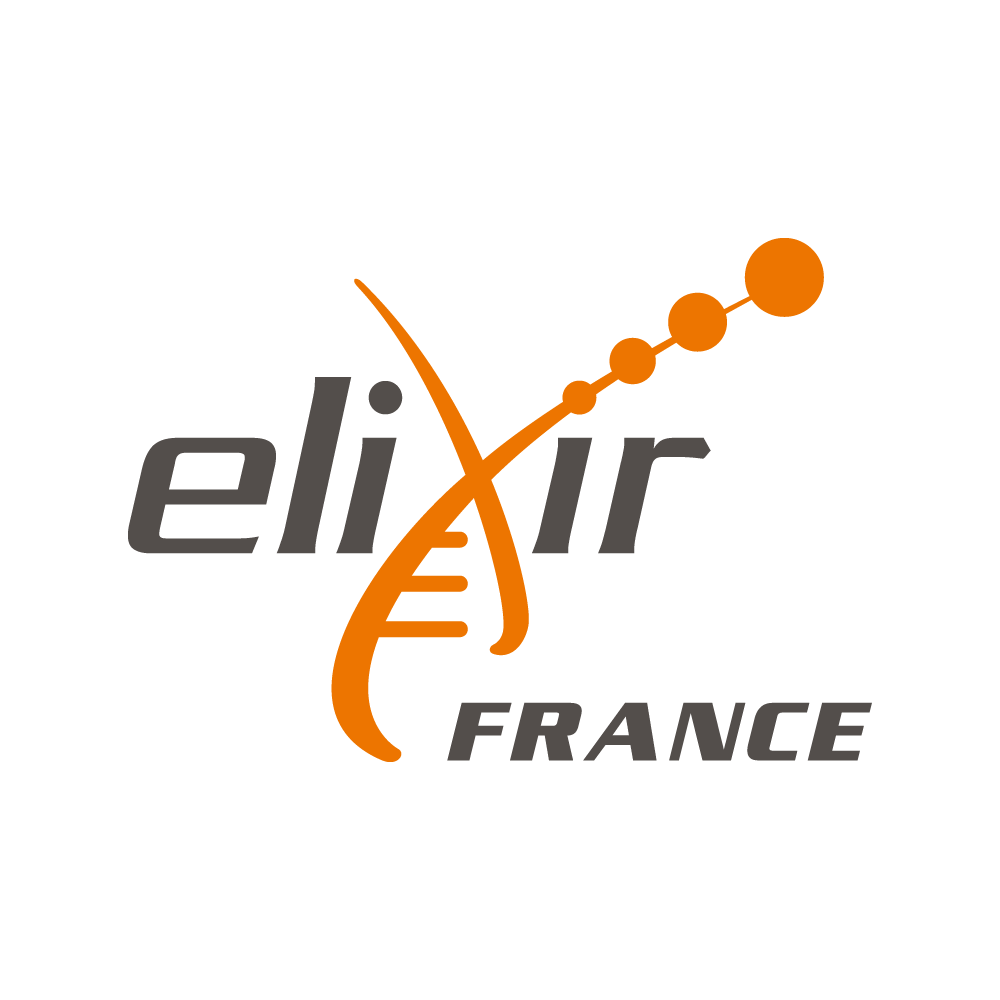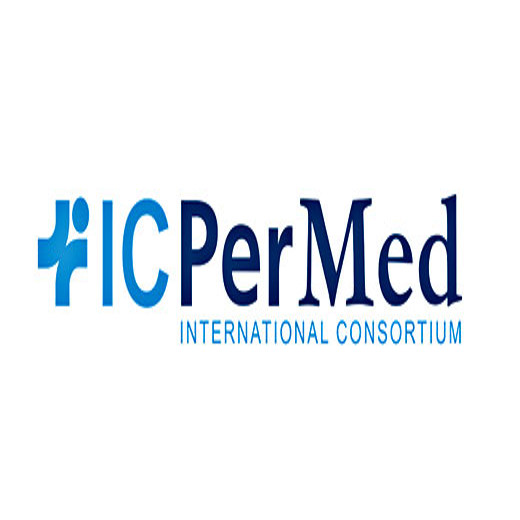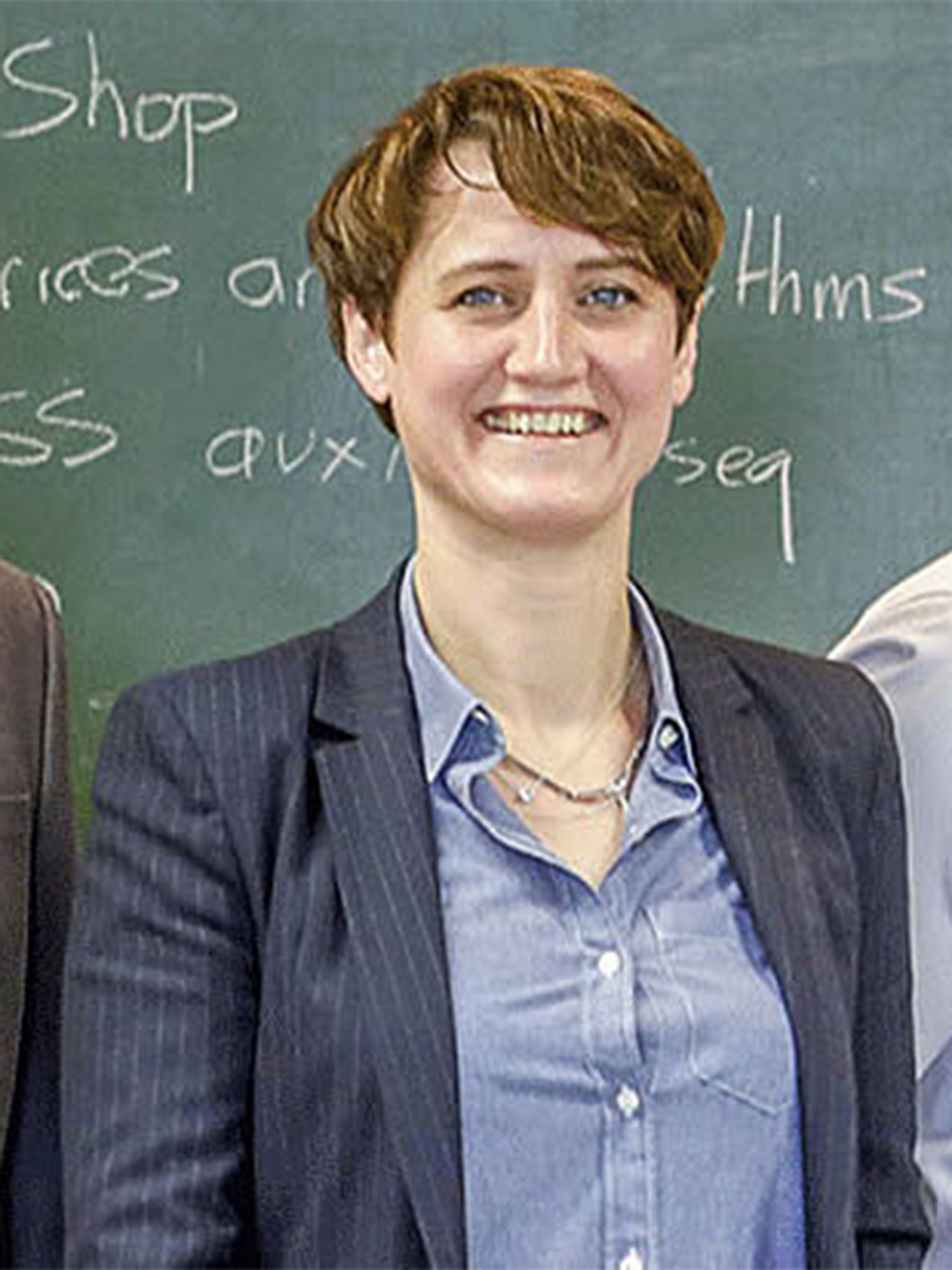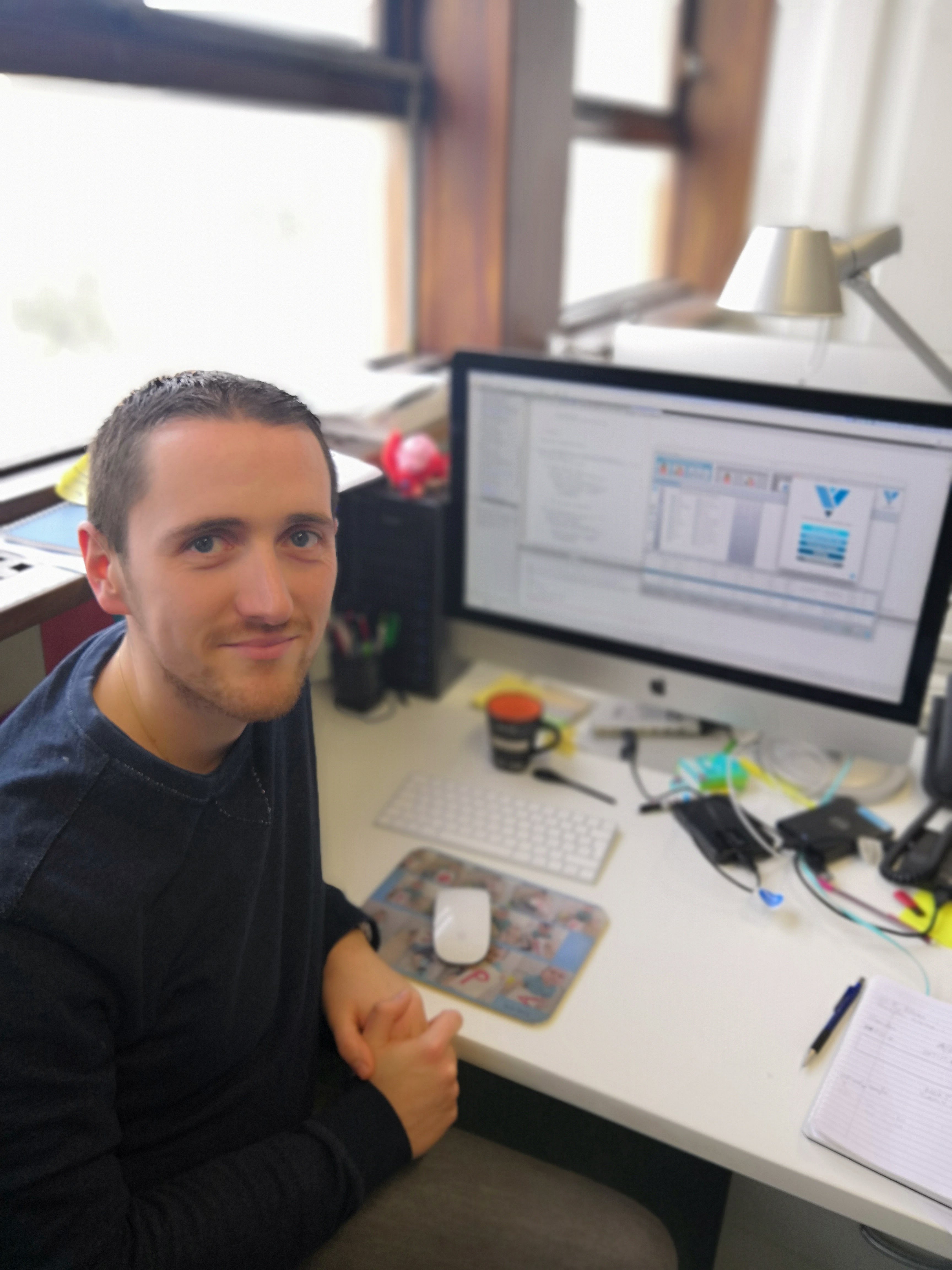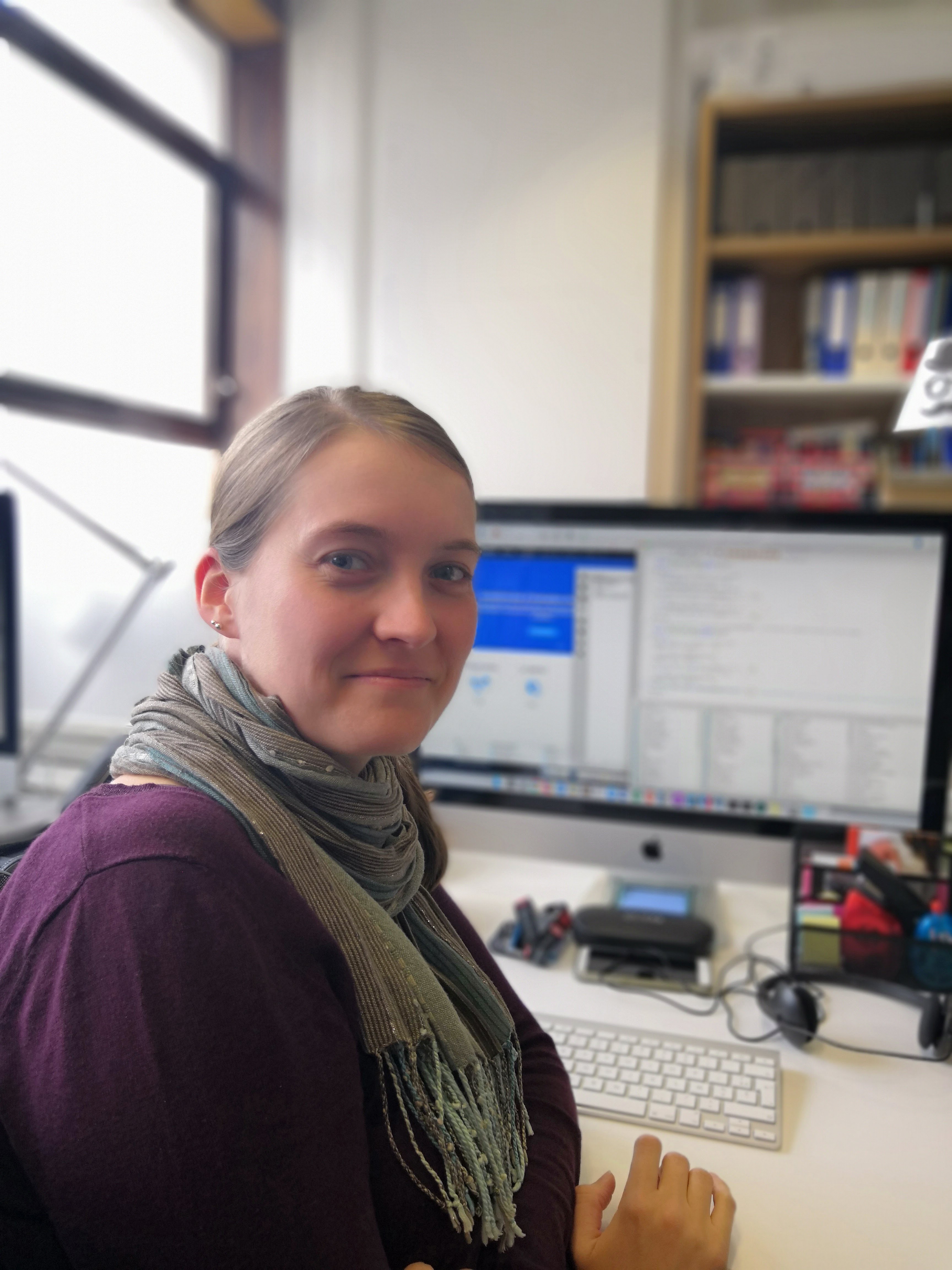The analysis of the many variations identified during the sequencing process of genes. In order to identify causative mutations, especially if they are missense mutations or null substitutions that only impact mRNA, we developed two tools: UMD-Predictor® to predict the pathogenicity of missense mutations, and the Human Splicing Finder® (HSF) to identify splicing signals and evaluate the impact of mutations on splicing. We currently develop the UMD-High Throughput Sequencing system (UMD-HTS®) that integrates algorithms from UMD-Predictor® and HSF® in order to allow a rapid selection of variations of interest from large-scale sequencing experiment.
Locus Specific Databases (LSDBs). Since 1994, our team developed the Universal Mutation Database system (UMD®) an international reference system for the creation of Locus Specific Databases (LSDBs).
Patient registries. We also developed through years, patient registries for neuromuscular rare diseases and others.
Our Team develops several tools, databases and registries:
Locus-specific databases (LSDBs) to collect annotated mutations from several genes
The reference tool for splicing analysis and pathogenicity prediction
The most accurate pathogenicity prediction system for cDNA substitutions
Desktop Application for annotation and filtration of variants from NGS data
The french databases of Copy Number Variations
The french Rare Disease Variant Database
System to select AON to induce exon skipping or gene silencing
Innovative system to design trans-splicing gene therapy for genetic diseases
Patients registries for genetic diseases

